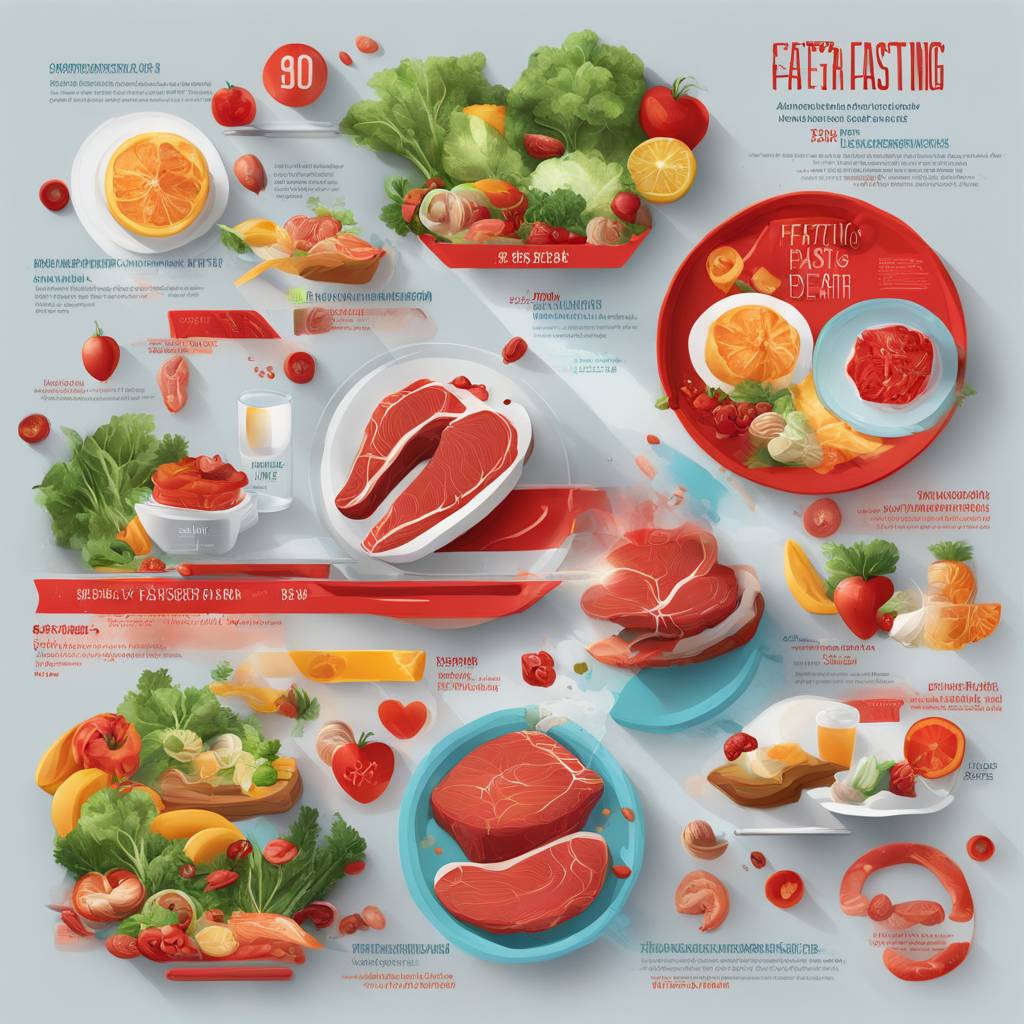A new study suggests that restricting eating to an 8-hour window daily may lead to a higher risk of death from heart attack and stroke, especially among those with existing cardiovascular disease or cancer. The research is observational and adds to the growing body of studies on the pros and cons of time-restricted eating. Specifically, individuals who follow the popular 16:8 intermittent fasting plan may have a higher risk of cardiovascular disease and death compared to those who do not fast or use other fasting methods. The study, presented at the EPI|Lifestyle Scientific Sessions 2024 in Chicago, has not yet been published in a peer-reviewed journal.
Researchers conducted the study with 20,000 adults who participated in the annual 2003-2018 National Health and Nutrition Examination Surveys. The findings showed that participants who practiced 16:8 intermittent fasting were 91% more likely to die from cardiovascular disease than those who did not follow this fasting plan. Furthermore, individuals with existing cardiovascular disease who consumed all their calories within an 8 to 10-hour window had a 66% higher risk of dying from heart disease and stroke. The study did not find any benefits of time-restricted eating on overall mortality risk and noted that individuals with cancer who did not fast had a lower risk of cancer mortality than those who practiced a more restricted eating schedule.
While the study had a large sample size and was longitudinal, it had limitations in terms of the dietary information collected, changes in dietary patterns over time, and the inability to prove cause and effect due to the observational nature of the study. Dr. Cheng-Han Chen, an interventional cardiologist, pointed out potential confounding factors and biases in participant recall of their eating habits that could impact the study findings. However, experts agree that this research is crucial for further investigation as there is limited long-term human research on intermittent fasting.
Despite the study’s limitations, it sheds light on the potential risks associated with time-restricted eating and raises questions about the long-term health benefits of intermittent fasting. While intermittent fasting may help with short-term weight loss and metabolic improvements, it may not provide lasting cardiovascular benefits. Ultimately, the decision to try intermittent fasting should be based on individual goals, medical history, and consultation with a healthcare provider. Consistency in dietary patterns, focusing on consuming unprocessed and nutrient-dense foods, and individualized recommendations based on health goals are key factors in determining the most suitable eating plan for optimal health outcomes. Further research, including randomized controlled trials, is needed to better understand the effects of intermittent fasting on overall health and well-being.













